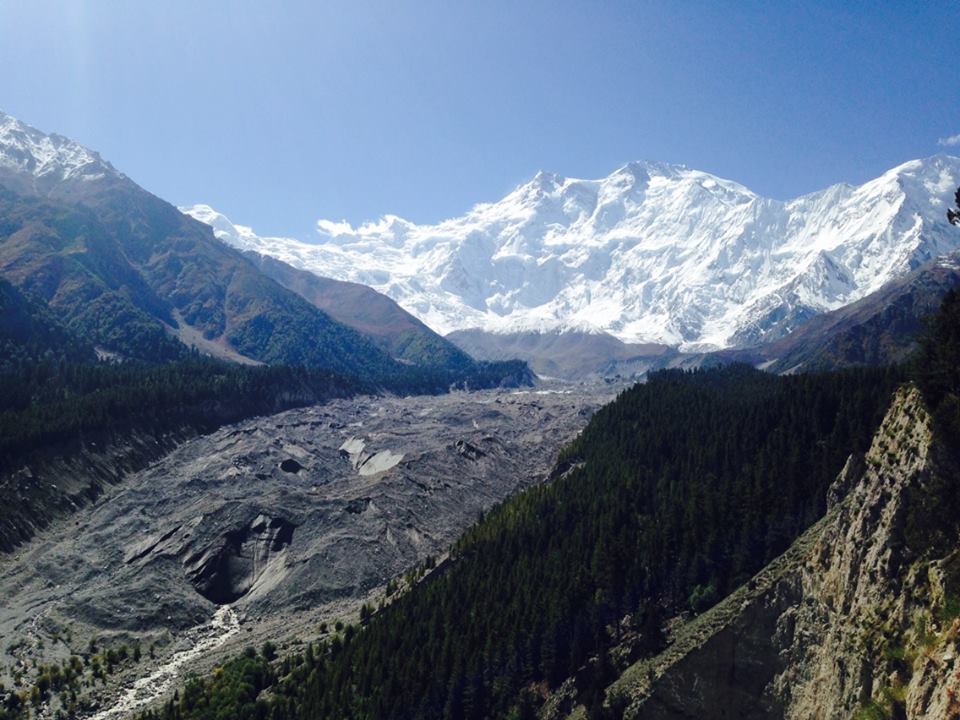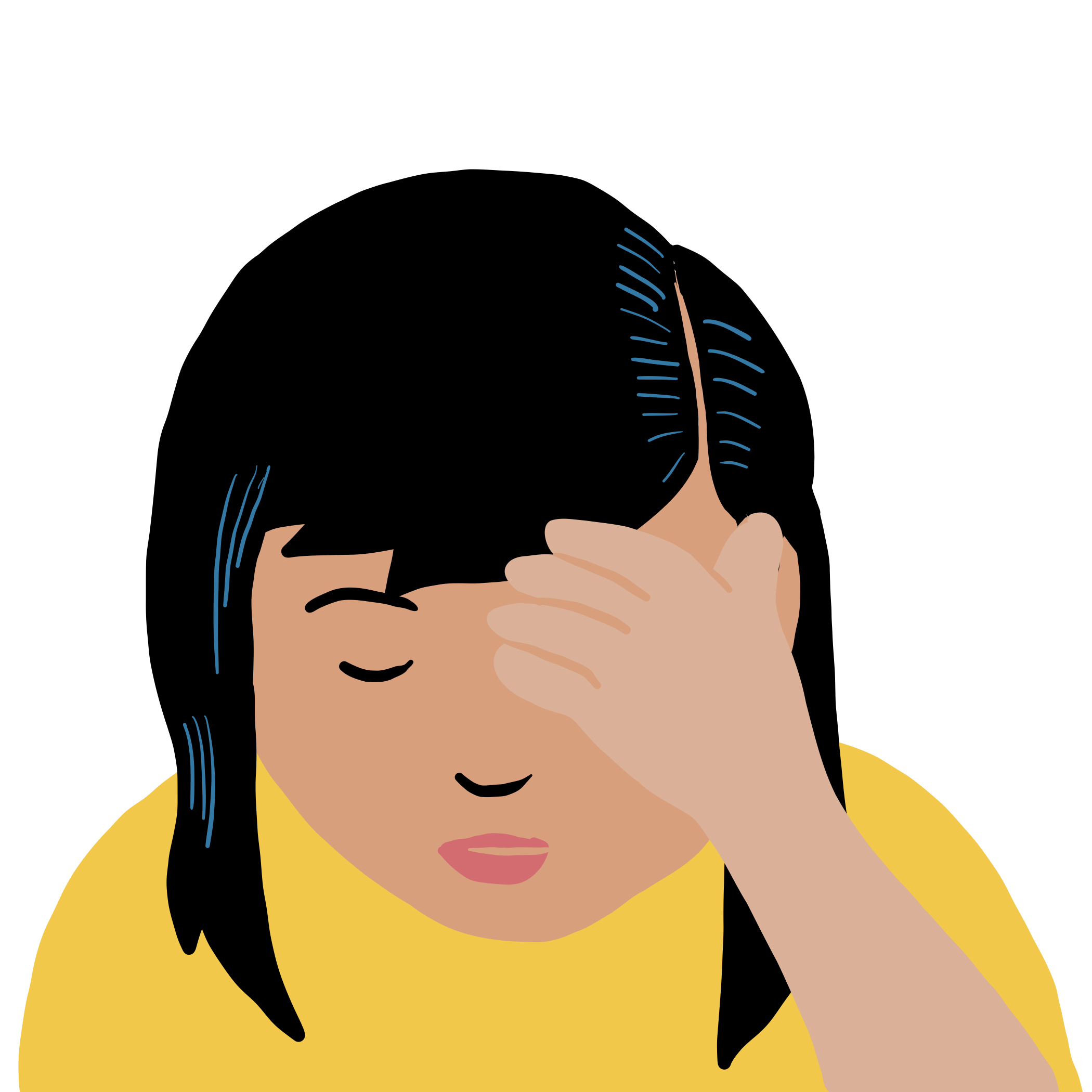Save the Planet
- February 22, 2020
- P15: Life on Land
- Tags: planet, life on land, trees, animlas, biodiverstiy, forests, Nagoya protocol, environment
Biodiversity is central for all life on the planet, including human life.
Biodiversity, ecosystems and the essential services that they deliver are central pillars for all life on the planet, including human life. They are sources of food and essential nutrients, medicines and medicinal compounds, fuel, energy, livelihoods and cultural and spiritual enrichment. They also contribute to clean water and air, and perform critical functions that range from the regulation of pests and disease to that of climate change and natural disasters.
Each of these functions has direct and indirect consequences for our health and well-being, and each an important component of the puzzle that stands in the way of our efforts to stem the tide of infectious and non-communicable diseases.
As of 2017, much of the world’s mountain areas were covered by a form of plant life: Nearly half by forests, about a third by grassland/shrubland and under a tenth by crops.
From 2000 to 2015, more than one fifth of the Earth’s total land area was degraded, largely due to human activity, such as desertification, farming expansion and urbanisation.
The most fundamental and irreversible human impact on nature is species extinction.
The Red List Index (RLI) measures the risk of extinction. Currently, the RLI is only available for five groups: birds, mammals, amphibians, cycads and corals. The RLI clearly demonstrates that these major groups are declining and under threat. More national RLIs are now being used by countries to monitor their own biodiversity.
The Nagoya Protocol on Access to Genetic Resources and the Fair and Equitable Sharing of Benefits Arising from their Utilization to the Convention on Biological Diversity creates incentives to conserve and sustainably use genetic resources and biodiversity. As at 1 February 2019, 116 countries had signed up to the Nagoya Protocol and 61 countries had shared information on their access and benefit-sharing frameworks through the Access and Benefit-Sharing Clearing-House.
More people are seeing the link between a healthy natural environment and a better life for them and their families.
© Copyrights 2024 All Rights Reserved. 17Promises




